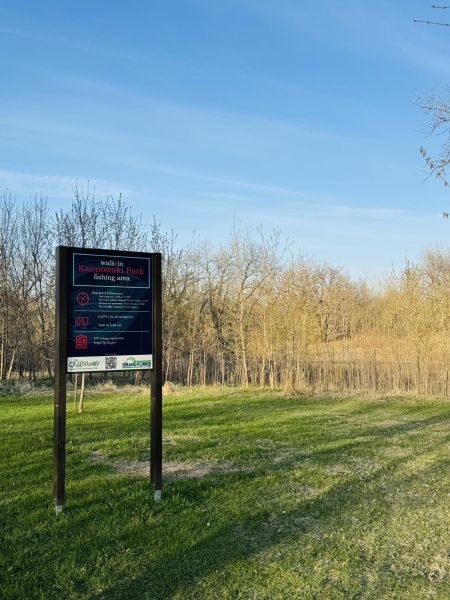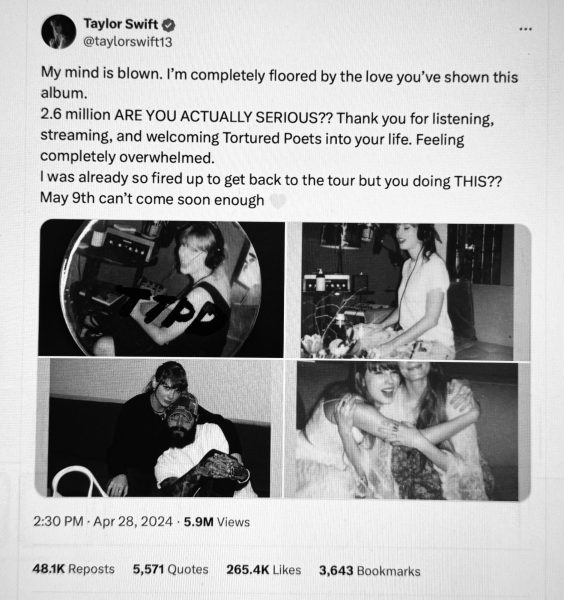Rhetoric and social media in campaigns
Ben Olson: A special to The Dakota Student
The end of Labor Day weekend marks the beginning of the 2016 presidential election cycle — it’s going to be huge.
Being 418 days away from the general election, there is still a plethora of election drama that is yet to unfold.
With the Republican presidential field being so crowded, it has been difficult for many candidates make their voice stand out among the crowd.
But there are two candidates from both sides of the aisle that have been taking America by storm. Leading the Republican presidential race is real estate mogul Donald Trump.
On the Democratic side is Vermont Senator Bernie Sanders. News media from all sources are going crazy over the anti-establishment candidates. Why? Is it because of their fantastic hair?
Since Trump has awful hair, and Sanders has almost no hair left, the answer is no.
The real reason for these candidates’ success is because of their political rhetoric. The term rhetoric is defined as the art or study of using language effectively and persuasively. The usage of political rhetoric has been in practice since ancient times.
Candidates such as Trump and Sanders use their rhetoric to establish issues that can benefit them in an election. Politicians such as Trump and Sanders use rhetoric to convey their message to the voting public. The other 20 candidates have also used political rhetoric to advance their campaign. But certain political rhetoric styles have propelled Sanders and Trump to the top of their field.
The use of this rhetoric is changing the landscape for American politics. Support for establishment candidates has been on the decline.
One main reason is that the traditional rhetoric as displayed by the Hillary Clinton and Jeb Bush campaigns are one of tired meaning. The American electorate is tired of the same old rhetoric stemming from the same career politicians.
Social media is another way this rhetoric is being transformed. Now playing a bigger role than ever in the evolution of political rhetoric, social media is highlighting the dullness of traditional candidates, and is propelling massive success to the political outsiders.
The most interesting part of this election cycle is that the issues that Sanders and Trump are prioritizing are not new issues. Trump’s position on border security isn’t revolutionary. Sander’s dream of free higher education is not a new concept.
It’s the capacity of their political rhetoric that is making the difference.
Other candidates are so entirely focused on the details of their plans that Americans in large numbers are tuning out. How will the political rhetoric change as campaign season starts up in full swing?
Electing a president isn’t an easy process. The best advice to take is to stay informed and get ready.
We are “making America great again” by “feeling the Bern” of a transformed political rhetoric.











